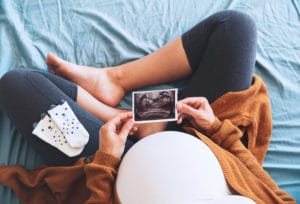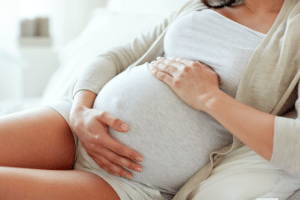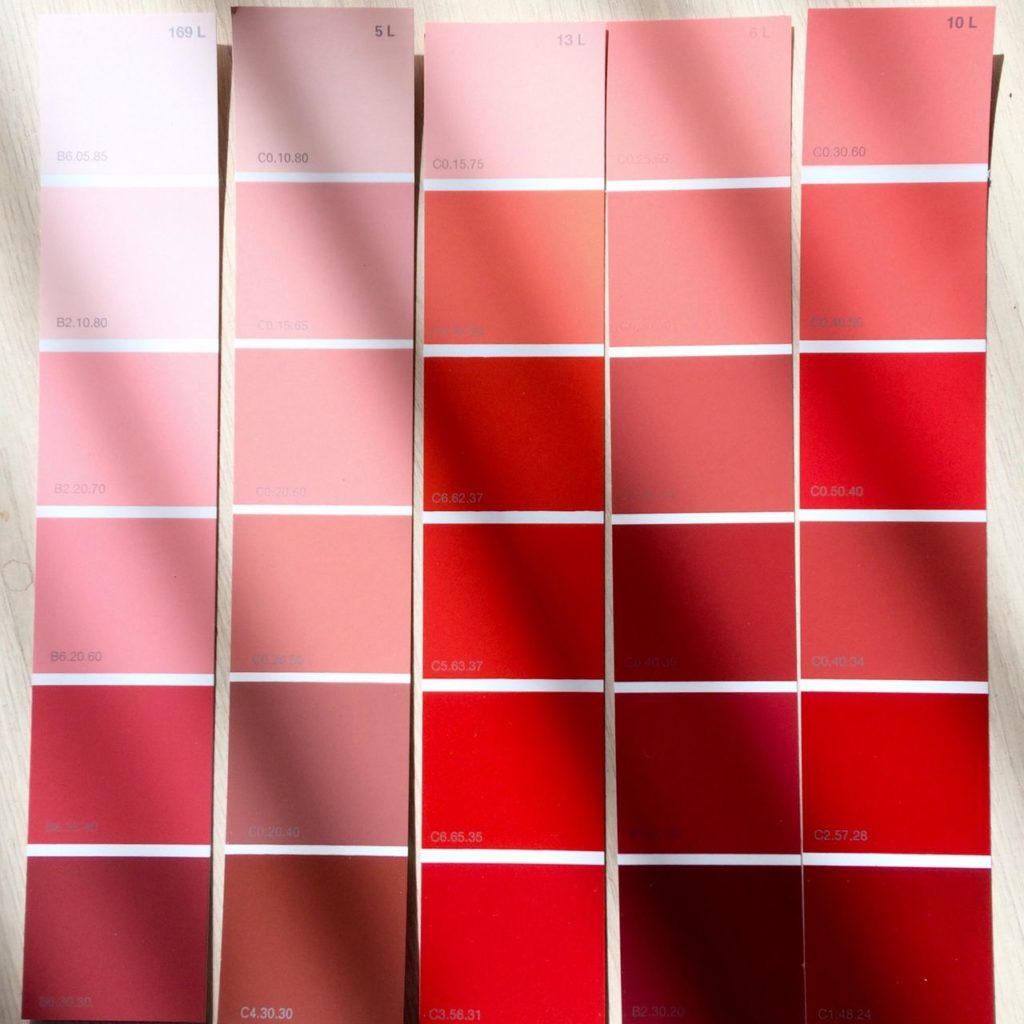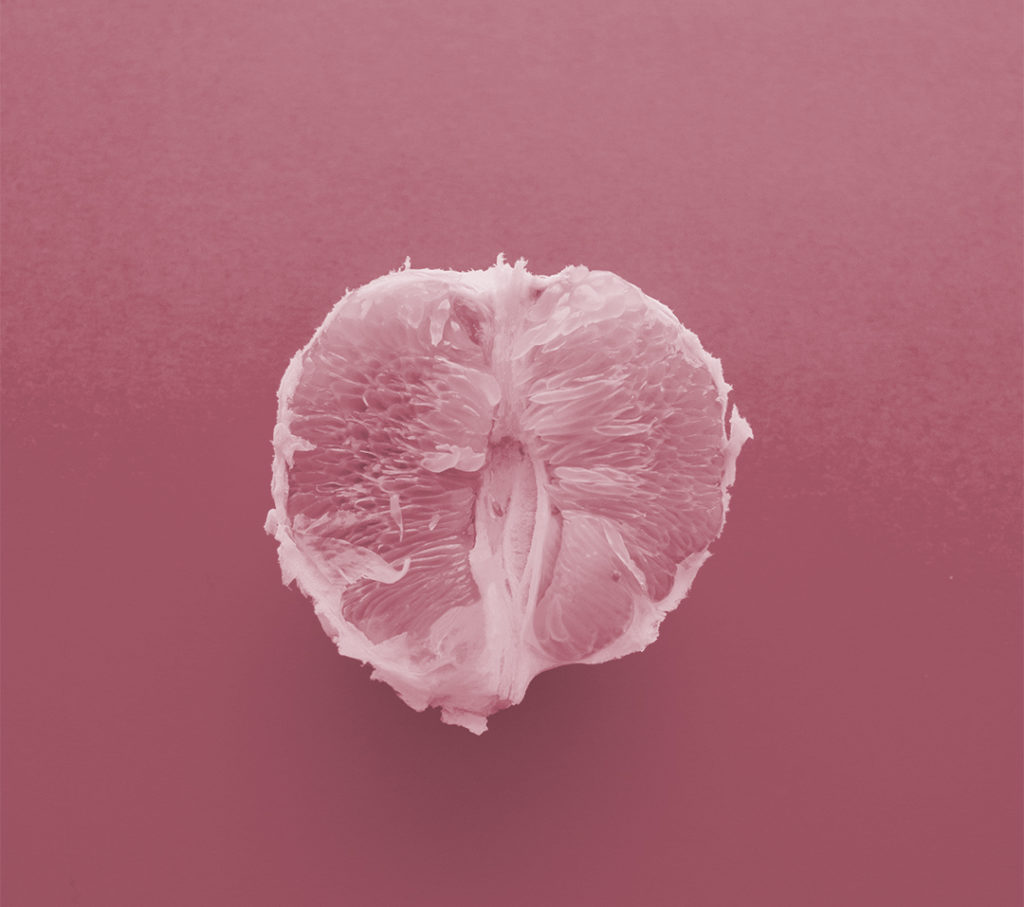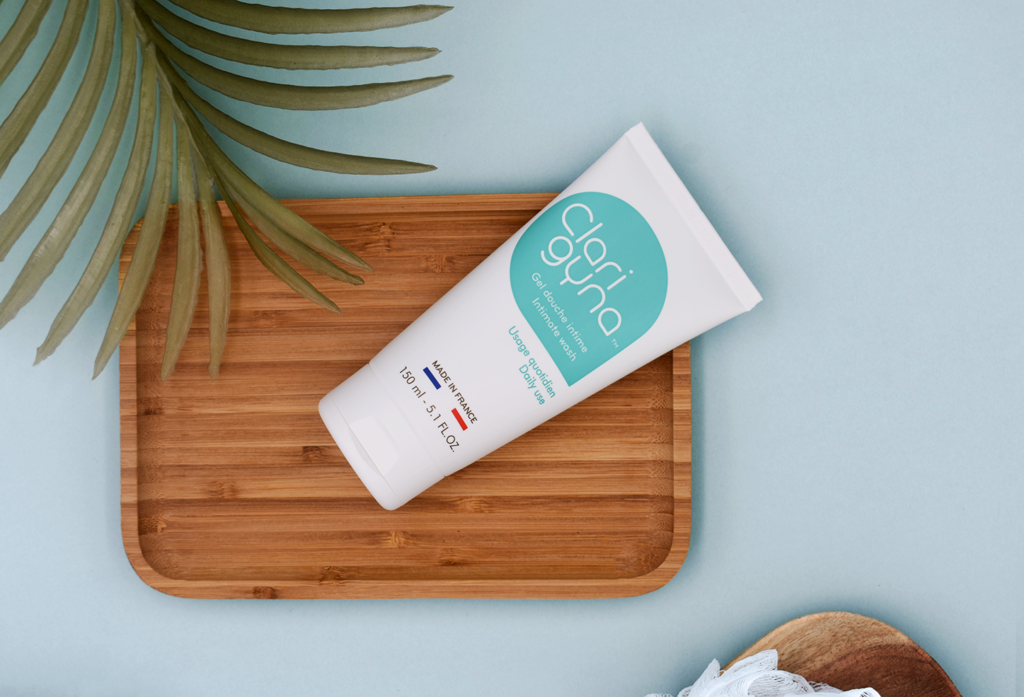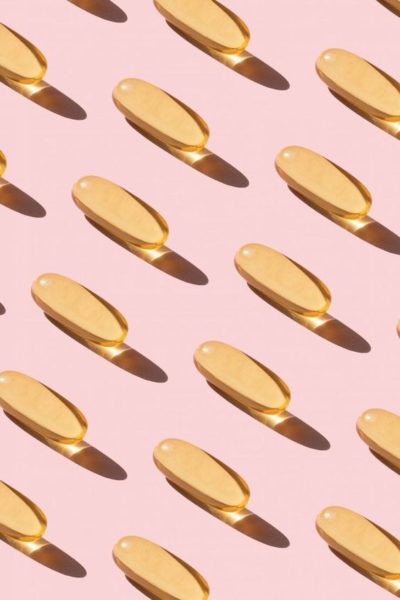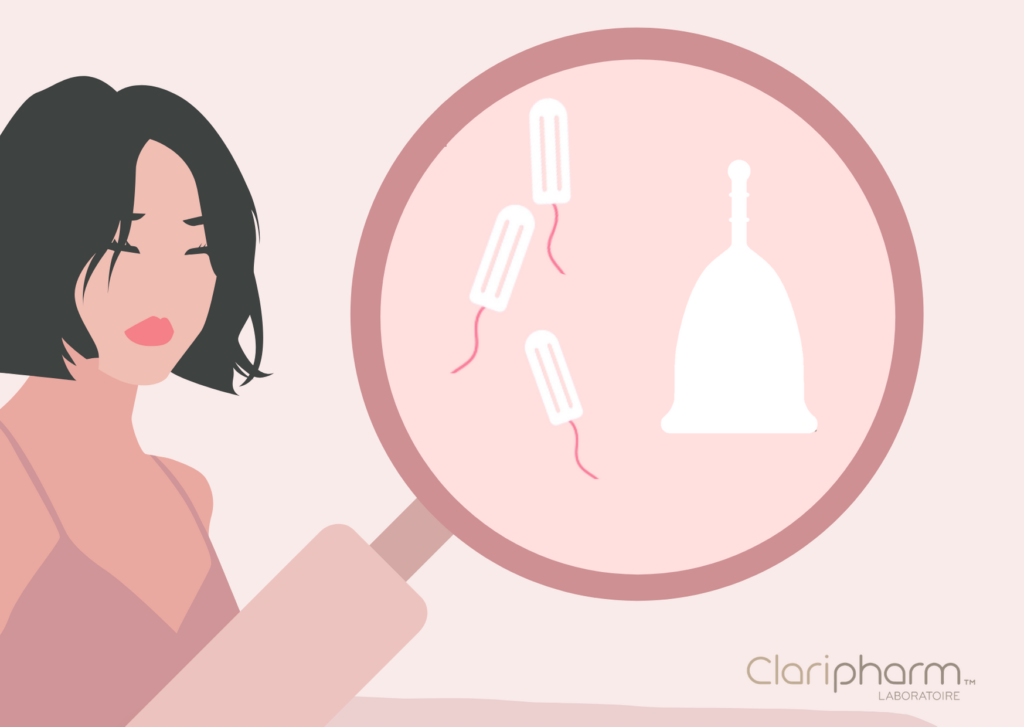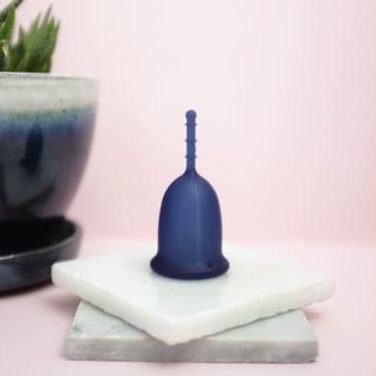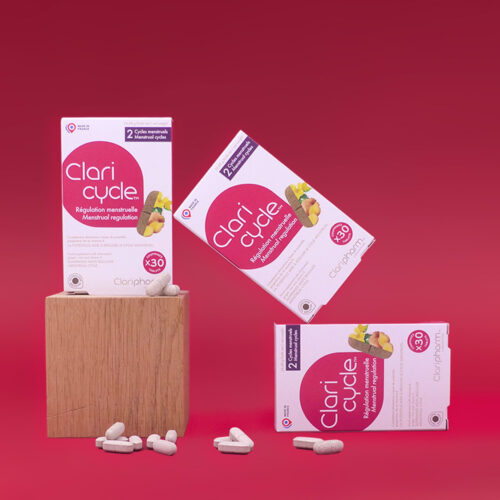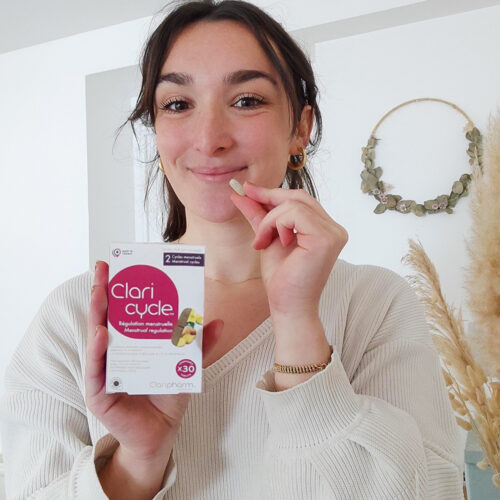Come back of menstruation after childbirth (or return of diapers), what should I expect?
Here you are mom, your baby has arrived and that means a lot of changes in your life. One thinks of the long nights that you spend by your baby’s side, the unexpected milk rushes, (thanks to the little stained top) but also of your period. The return of the rules, also called “return of diapers”, will happen little by little. We are all different, so the arrival of menstruation does not happen at the same time or in the same way for all women; expect some changes.
 And when is the come back ?
And when is the come back ?
Well, we know that one of the benefits during pregnancy is not menstruating. Unfortunately, these will come back, but when?
First question, were you breastfeeding? The answer to this question will help you determine when your period will be returned.
If you are not breastfeeding, you can expect your period to return between 8 and 10 weeks after giving birth.
If you are breastfeeding, (this is the case for 60% of women in France), the return of menstruation may take longer. This is generally referred to as 6 months. Once again, we are all different, the return of menstruation can then be longer, up to 1 year. Don’t worry if your period hasn’t arrived yet and you are in this period of breastfeeding.
Link between breastfeeding and return of menstruation
Prolactin is a hormone made in the brain that causes and maintains the production of breast milk after childbirth. We all have this hormone in us, prolactin is also involved in reproduction, growth and immunity, but its level is greatly increased during pregnancy and in the post-delivery period, especially during breastfeeding.
After giving birth, prolactin levels return to normal in less than two weeks if you are not breastfeeding.
If you have chosen to breastfeed, feedings play an important role because they immediately stimulate prolactin levels. Prolactin secretion remains high as long as you continue to breastfeed. Many women return from diapers at the same time as the baby reduces the number of feedings: either because the baby is starting to eat solids or because the baby is taking bottles.
This hormone prevents ovulation, and therefore menstruation. But in 10% of women, this is not the case. In addition, the return of the diaper is preceded by a period of ovulation which took place 15 days before. What does it mean? That you are likely to ovulate at any time without realizing it. Ovulation also means a possible new pregnancy. Breastfeeding is therefore not a reliable means of contraception. If you do not wish to become pregnant again immediately, you must use contraception.
What can we expect?
The first thing that happens after childbirth is the lochies. It is a mixture of blood and debris from the lining of the uterus. It sounds a lot like the rules, but it isn’t! We tell you more about it in the article available here.
The first period after baby is not the same as what you’re used to. Your period may be heavier. If you are new to Niagara Falls, welcome!
For users of menstrual cups, a size change may be necessary because if you experience an increase in menstrual flow, the capacity of your menstrual cup may no longer be sufficient. Besides, the body changes after childbirth, and so does the vagina ! If you notice leakage but the cup is not full, the menstrual cup is too small and no longer adheres well to the walls of the vagina, which may have distended. For more information on menstrual cup sizes, please consult our size guide.
Cramps may also intensify during this period. We invite you to discover our natural tips that will help you relieve your pain by clicking here.
Beware, however, of the warning signs :
If your periods are really heavy, that is to say, if your sanitary napkin is full in 1 hour, or if you have to change your menstrual cup every hour, it means that the abundance of periods is abnormal. Consult your health care professional to avoid any complications.
Lochies or postpartum bleeding : Can a menstrual cup be used after childbirth?
That’s it, after 9 months of more or less patient waiting, your baby is here with his procession of little joys and insomnia. As your body slowly recovers from pregnancy and childbirth, the post-natal (or post-partum) process usually takes several weeks and this is completely normal. Symptoms of this process include lochia, the blood loss that occurs just after birth. What exactly is it? How long do lochies last? What hygiene measures need to be taken or avoided in order to manage them on a daily basis? When can I use my menstrual cup?
Is it normal to bleed after childbirth?
YES ! This is completely normal, whether you had a vaginal delivery or a Caesarean section. During pregnancy, the uterus grows and thickens as the fetus grows. To schematize, it goes from the size of a pear to that of a big BIG watermelon. In addition to growing, the uterus develops a new organ: the placenta, which will bring nutrients to the fetus, rid it of the waste it produces and secrete hormones. Once the baby is born, about 30 minutes after birth, the uterus contracts to expel the placenta, leaving a sore on the uterine wall. The uterus also begins to shed its inner lining, which is no longer useful after birth. It’s the lochies. They are part of the natural process of post-natal care, during which the uterus will return to its original size in 6 to 8 weeks. So don’t worry!
Postpartum bleeding: what should I expect ?
Postpartum bleeding, or lochia, is a mixture of blood and debris from the lining of the uterus. In fact, at the beginning it looks a lot like rules, even if technically it’s not the same thing :
- The first 2 to 4 days after birth: the lochies are VERY VERY abundant (think “Niagara Falls”) and bright red in color. There may also be blood clots, but if they are as big as a golf ball, you should seek medical advice.
- From the 4th day and for one to two weeks : the loss of blood decreases, the lochies become pink, sometimes brown.
- Around the 12th day postpartum and for 3-4 days: Bleeding regains its intensity, which is due to the drop in pregnancy hormones. However, this has nothing to do with menstruation, because the menstrual cycle has not yet resumed.
- Up to 6 weeks after delivery : The lochies are light yellow or white. They should smell similar to menstruation.
The lochies can therefore last up to 6 weeks after delivery. If you are breastfeeding, breastfeeding causes the production of oxytocin, a hormone that will cause contractions of the uterus and shorten the time of the lochia. If you have carried twins or triplets, it is possible that your lochies are more abundant and last longer.
Lochies: how to manage them?
Because they look a lot like rules, one may be tempted to use the same things to absorb or collect them : Tampons, pads or menstrual cups. But beware, menstruation and lochies are two very different phenomena, so the precautions to take are not the same!
The cervix and cervical mucus act as a barrier to bacteria in the vagina to prevent them from entering the uterus, which must remain free of bacteria. During childbirth, the cervix dilates to let the baby through, and this reflex is triggered even if the delivery is by caesarean section. It takes several weeks for the cervix to close and during this time it no longer plays its role as a barrier to bacteria as well.
During the time of the lochies, it is therefore important not to insert anything into the vagina, because it is necessary to avoid introducing bacteria that could go up in the uterus.
This unfortunately means that you must avoid bathing, swimming, and penetrative cuddling, and that you cannot use tampons or menstrual cups. So you still have the towels, but not just any towels: the super-absorbent ones-with (sexy!) pantyhose: And yes! They have the advantage of being very absorbent and thick, which will allow you to sit without too much difficulty. The maternity ward will surely provide you with some, but plan a small stock at home.
As far as intimate hygiene is concerned, you don’t need to do a complete intimate wash every time you go to the little corner. Just make do with an intimate cleansing once a day, simply with water or a cleansing gel with the appropriate pH.
Lochies: when to worry?
If your lochies have an unpleasant rotten fish-like odour or if you bleed at an unexpected time, seek medical advice: it may be a sign of an infection of the uterus due to debris from the placenta or a poorly evacuated blood clot. If the bleeding is so heavy that you fill a towel in 1 hour, it’s the same thing: quickly inform your health professional (midwife, gynecologist…) because you risk losing too much blood.
Don’t forget the most important thing: take care of yourself.
You and your body have just gone through the long and (often) trying stages of pregnancy and birth. You have carried a child for 9 months, and now that it is born, the uterus “cleans up” and is slowly recovering from this upheaval. The inevitable stage of lochies is a reminder that it’s important to take this time (and more!) to recover and take care of you and your baby.
Do you have further questions about the daily use of your menstrual cup? Write on social networks or by email to: contact@claripharm.fr





